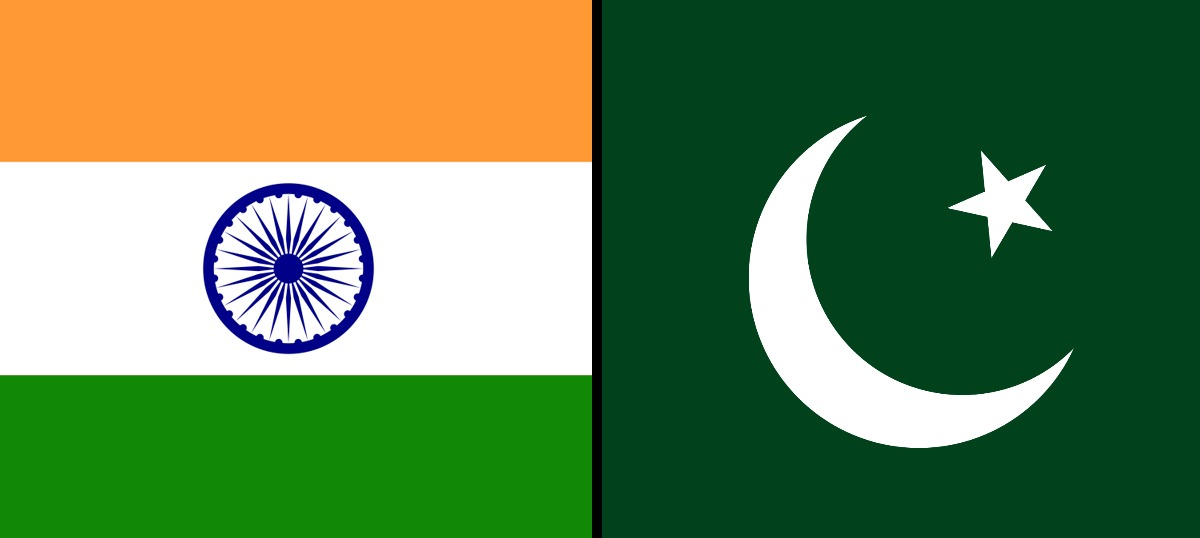News Highlight
According to Pakistan’s finance minister, after standing crops were destroyed by the severe flooding, the government may explore importing vegetables and other edible goods from India.
Key Takeaway
- This announcement follows a three-year period during which Pakistan degraded its trading relations with India due to the Kashmir dispute.
- Pakistan’s Economic Coordination Committee (ECC)’s decision to import only three items from India, namely cotton, yarn, and sugar.
India-Pakistan economic relations
- Even though India and Pakistan are neighbouring countries, the economic relations between the two countries are meagre.
Current economic relations
- Bilateral trade:
- The total bilateral trade between India and Pakistan was USD 329 million in 2020-2021. This went up to USD 514 million in 2021-2022, as per the ministry of commerce, with Indian exports outnumbering imports from Pakistan.
- MFN status:
- India withdrew the Most Favoured Nation (MFN) status accorded to Pakistan in 1996, following the terrorist attack in Pulwama in Jammu and Kashmir.
- Most Favored Nation (MFN) status is an economic position in which a country enjoys the best trade terms given by its trading partner(s).
- Article 370 and trade:
- Pakistan has formally suspended its trade relations with India after India revoked Jammu and Kashmir’s special status under Article 370 of the Indian constitution.
- China–Pakistan Economic Corridor:
- China–Pakistan Economic Corridor (CPEC) is a collection of infrastructure projects under construction throughout Pakistan beginning in 2013.
- It violates India’s sovereignty as it passes through Pakistan-occupied Kashmir (PoK).
- TAPI Project:
- The Turkmenistan–Afghanistan–Pakistan–India Pipeline (TAPI), also known as the Trans-Afghanistan Pipeline.
- It is a 1,814km natural gas pipeline from Turkmenistan that passes through Afghanistan and Pakistan to reach India.
- The project is not yet finished.
Benefits of good economic relations between India and Pakistan
- Easy access to Afghanistan and beyond:
- It can help in the development of Afghanistan and also connect the region to Central Asia, which is rich in minerals.
- Trade potential:
- There is a $40 billion trade potential between India and Pakistan, which is unrealised due to issues in bilateral relations.
- Reduction in trading cost:
- Pakistan imports Indian products via Dubai, which adds 10-15% more import costs.
- Decrease military spending:
- Major expenditure of our military spending is because of unrest from our neighbours.
- Good relations with them would reduce military expenditure.
Suggestions for strengthening India-Pakistan bilateral trade
- Grant MFN status:
- The MFN status should bring back. India had already granted MFN status to Pakistan way back in 1996.
- Regularising the unofficial trade:
- The volume of informal trade is more significant than formal trade; official trade can flourish due to regularising the unofficial trade by improving trade infrastructure and bringing the items being traded unofficially into the official tradable list.
- Trading infrastructure:
- Efficient and cost-effective transportation and communication is a pre-requisite for the promotion of trade and commerce and the movement of goods, services and people.
- Confidence-building measures:
- Easing the complexities of visa procedure, which the two countries should consider.
- Consider trade as a prerequisite for better relationships:
- India and Pakistan can learn from the global experience, where trade is increasingly being used as a prelude to age-old geopolitical tensions. reconciliation of the Sino-American trade relations offers a convincing example of how trade can be skillfully used to enhance confidence between two politically hostile nations.
Pic Courtesy: Scroll.in
Content Source: The Hindu



